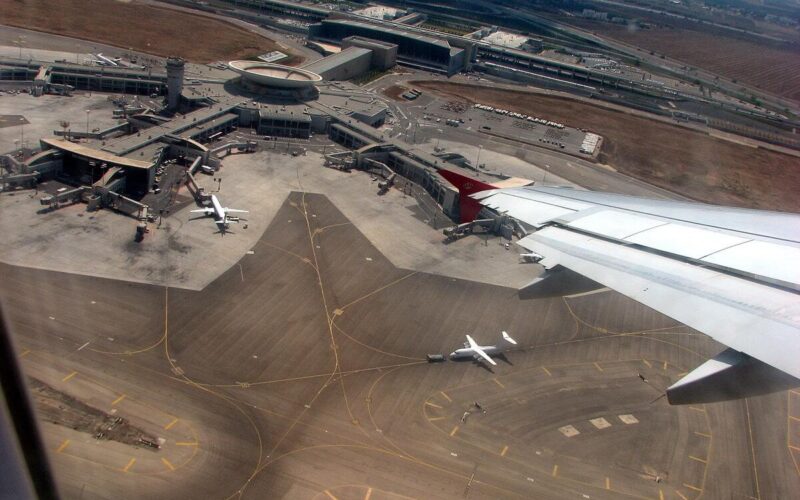Multiple complaints have been made by Israeli and foreign pilots throughout June 2019 regarding interruptions in GPS reception during take-off and landing at Tel Aviv’s Ben Gurion International Airport. Accused by Israeli authorities, Russia denied being behind the disruptions.
A NOTAM has been issued, warning of “possible interruption to airborne GNSS equipment within Tel-Aviv Flight Information Region. Since then, pilots have relied on Instrument Landing System (ILS) to land in Ben Gurion International Airport.
The Israel Airports Authority (IAA) has acknowledged “unexplained interruptions” in GPS signal but said that “measures [were] in place to allow safe landings and takeoffs”. “Ben Gurion Airport controllers have been giving full guidance to planes that are taking off and landing. At no point has there been a safety incident connected to this GPS interference or related to navigation instructions or flight paths,” the IAA spokesman said to Times of Israel. However, pilots argue that GPS malfunctions at a time when maximum concentration is required, such as during take-off and landing, may prove dangerous.
Israel’s national broadcaster KAN reported that other countries including Cyprus, Turkey, and part of the Greek islands had reported similar problems in the past weeks.
Israeli security officials declared on the IDF radio that the disruptions are the result of electronic warfare used by the Russian military to defend its assets at Khmeimim Air Base in Syria, 385km away from Tel Aviv. Disrupting GPS navigation may be used as a way to forbid the operation of drones around an area. But the Russian ambassador to Israeli denied those allegations, qualifying them of “fake news”.
In March 2019, Norway had also expressed concerns about GPS interferences on its territory. In its 2019 report, the Norwegian intelligence service (Etterretningstjenesten) reports that during the NATO exercise Trident Juncture 18 organized in the country in October 2018, multiple cases of GPS malfunctions were reported. “Jamming is a particular cause for concern; during the exercise, there were several instances of loss of GPS signal, which affected Norwegian and allied air traffic”, says the report, adding that “this represents a threat to civilian air traffic as well as to healthcare and police services in peacetime”. Norwegian forces explicitly accuse Russia of jamming the signal in what is described as a “continuing trend”.
A study conducted by the U.S. think tank Center for Advanced Defense Studies (C4ADS) reported 9,883 cases of what is known as “GPS spoofing” between February 2016 and November 2018, including during the visit of Vladimir Putin for the unveiling of the controversial Kerch Bridge that links Russia to Crimea.

